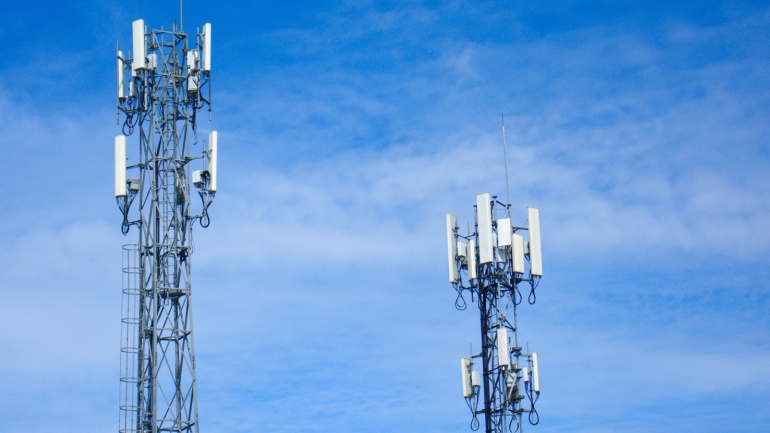This week, new developments indicate that TDS, the parent company of UScellular, could be exploring different strategic directions for the mobile operator. There has been speculation about a potential sale or the introduction of new investors. TDS communicated that it has initiated a strategic review of UScellular with the help of investment firm, Citi, who will offer financial advice while examining potential business opportunities.
Walter C. D. Carlson, Chairman of the TDS Board, affirmed this by saying, “The TDS board believes that now is the right time for a comprehensive review of strategic alternatives for U.C. Cellular. We will pursue the pathway that is in the best interest of shareholders.” As of now, no definite deadline or timetable has been set for completion of the review, and the outcome remains unpredictable. TDS and UScellular have chosen to stay tight-lipped about the process and will reveal updates when suitable.
Currently sitting as the fifth largest mobile service provider in the US, UScellular serves around 4.2 million subscribers across 21 states. The company employs approximately 4,600 people and boasts a market capitalisation close to $2.65 billion. The identity of a potential buyer for UScellular remains a mystery. However, US telecom big players such as T-Mobile, Verizon, or AT&T might be interested. These companies are not only financially equipped to make such a purchase, but they could also take advantage of UScellular’s assets, especially its spectrum holdings.
The company invested over a billion dollars on 5G spectrum in the latest auction, and these could prove to be useful to enhance the 5G services of larger operators. Along with its spectrum holdings, UScellular also possesses 4,341 mobile towers all over the US. These assets have been highly valued by telecom companies and private equity investors in recent times. Despite these assets, the company’s somewhat scattered footprint could deter individual buyers.
If UScellular were sold in pieces, it might prove to be more beneficial. For example, the consumer business can be sold to a major telecom firm while its tower infrastructure to a towerco or a private equity investor. An unconventional proposition might be an acquisition by Dish Network. Although this would help Dish in fulfilling its 5G coverage requirements set by the Federal Communications Commission, Dish’s current financial status may prevent such a deal from being possible.
Meanwhile, the US mobile market is anticipated to progress in 2023, and many are curious to see how these developments will unfold. In the meantime, UScellular appears preoccupied with merging plans with its associated company, EchoStar. How these uncertainties will be resolved and impact the future direction of UScellular remains to be seen.







